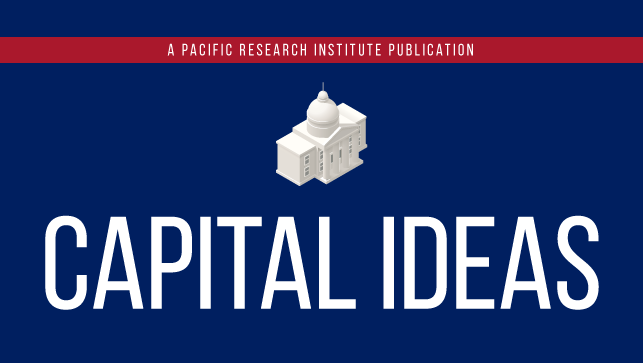In the controversy over the proposed “woke” California math curriculum framework, which has thankfully been shelved for at least the time being, proponents often pointed to San Francisco as an example where a similar math program supposedly improved student achievement. New research, however, shows just the opposite—woke math hurt student performance.
Among its key components, the proposed California math framework sought to discourage accelerating talented students so they could take higher order math courses, such as calculus, in high school. The proposal rejected the idea that some students have “natural gifts and talents” for math and said that accepting the idea of giftedness results in “considerable inequities in mathematics education.”
Instead, the proposal called for a forced uniform-assignment system where all students take the same math courses regardless of their abilities and claimed that San Francisco schools, which had implemented such a system in 2014-15, had experienced success in improving math achievement.
A new analysis by Ze’ev Wurman, research fellow at the Independent Institute and former senior policy advisor at the U.S. Department of Education, examined the San Francisco math program and found that the program had significant negative impacts on the number of students taking calculus and on student test scores, with key vulnerable student populations hit hardest.
The San Francisco program pushed all students to take algebra 1 in the ninth grade, as opposed to the previous practice of encouraging students to take algebra 1 in the eighth grade. As result, students took geometry in the tenth grade and algebra 2 in the eleventh grade. Thus, instead of being able to take calculus in the twelfth grade, as the previous system allowed, students could only take pre-calculus and Advanced Placement statistics.
If students were really set on taking calculus in their senior year, they could only do so by taking a compressed algebra 2/pre-calculus course in their junior year.
This new program significantly impacted which AP math course that students took in their senior year. According to Wurman’s research, “prior to the new program [in San Francisco] AP Calculus made about 70% of the tests taken with the other 30% being AP Statistics, but under the new program the AP Calculus enrollment dropped to less than 60% while AP Statistics rose to over 40%.”
“In other words,” said Wurman, “since the program change more students take the easier statistics and fewer take the more demanding calculus as their culminating high school math course.”
Wurman also breaks down the performance of San Francisco students on the state’s math exam and the results are not good.
Overall, the changeover to one-size-fits-all math decreased the proportion of San Francisco eleventh graders performing at the targeted “proficient and above” mark by 5 percent from 2016-17 to 2018-19.
The impact of the new math program on particular demographic groups was especially disturbing.
Wurman found, “English Language Learners are harmed particularly punitively by the heavy language-based math that SFUSD is promoting and [percentage scoring at proficient and above] dropped by almost half from 29% to 17%.”
Further, the proportion of low-income students performing at the proficient-and-above level dropped by 5 percentage points, while Hispanics, Asians, and whites also saw declines. Only among African Americans was there a slight 2-percentage-point increase.
Wurman puts San Francisco’s decline in perspective by pointing out, “the whole-state performance at the same period was generally stable and even increased slightly.”
Proponents of the San Francisco program say that the new math program is a success based on the reduced the number of students having to repeat algebra 1. However, when examining the data, Wurman found that the new program resulted in a 20-percent drop in students receiving an A or B grade in algebra 1 under the new program, which is a large “decline of meaningful success in that course.”
What Wurman’s data analysis demonstrates is that using ideological social-justice arguments to dumb down mathematics to achieve “equity” hurts the very children that the politicized math is supposed to help.
Wurman’s research explodes the myth of San Francisco’s math success, and it should help drive a stake through the heart of the proposed California math framework, so it never rises again.
Lance Izumi is senior director of the Center for Education at the Pacific Research Institute.

